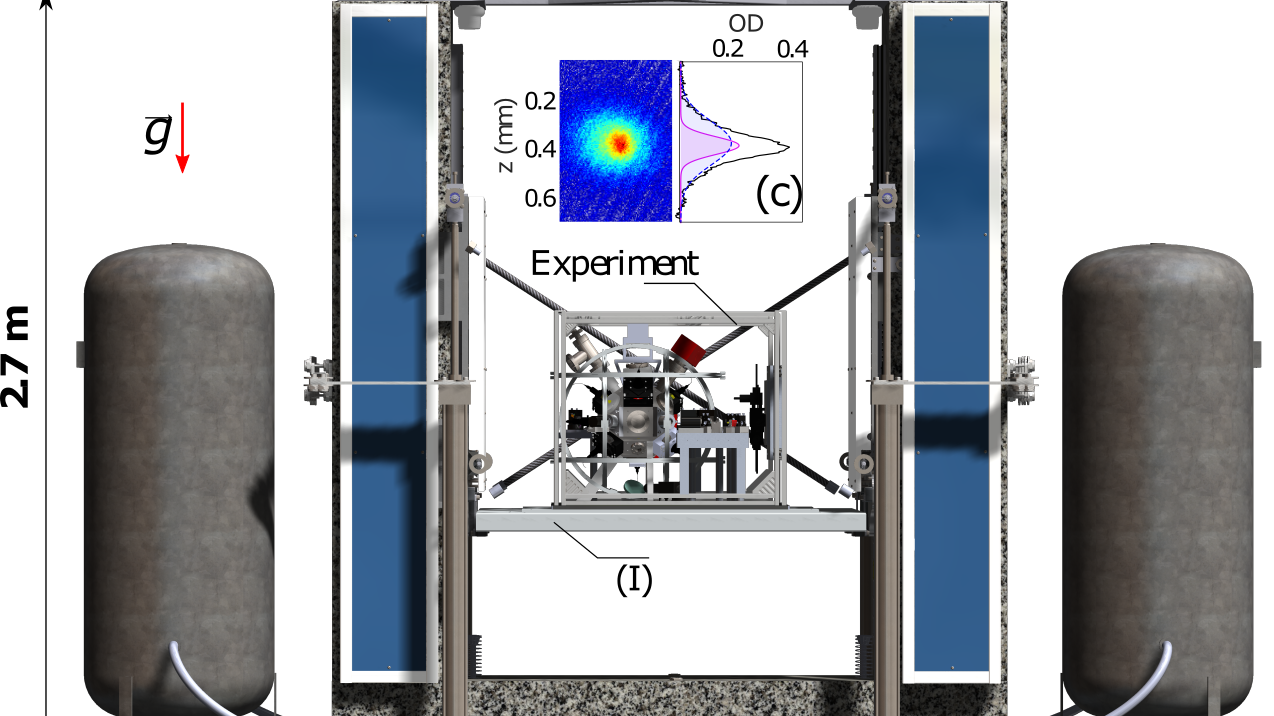The Equivalence principle is at the heart of modern physics and closely intertwined with some of the most fundamental questions of gravitation, particle physics and cosmology. UFF/WEP tests are a unique opportunity to find answers to some of those questions, with the potential for a major discovery when improving present performance by two or more orders of magnitude. To do so, only space offers the required quiet and well-controlled environment together with long free fall times, both of which are indispensable to further advance the field, as convincingly demonstrated by the MICROSCOPE mission. To test the equivalence principle with quantum particles the ICE project aims to develop a matter wave interferometer with two atomic species operating in microgravity. The objective of this work consists in producing ultra-cold Rubidium and Potassium atoms by all optical methods. The development of this new generation of sensors is based on ultra-cold bi-species degenerated gas. It is planned to study original techniques of laser cooling in optical tweezers, combining the creation of dark states and a spatial modulation of the laser trapping the atoms. Studies will be led to get the most collimated atom sources possible to limit the velocity dispersion, hence to limit the contrast loss for long interrogation times. To reach this goal, as well as the dipole trap, optics for atoms (lens, Bragg grating…) should be set up thanks to light beams. Novelty of the method: Until now, the considered Space missions using ultra cold atoms are based on magnetic atom chips. The technology is efficient but the presence of the chip close to the atoms cause a problem for some applications, especially for atom interferometry. Moreover, we think our all optical method can be more efficient in terms of atom number and will allow a fast production of the ultra-cold atom gases, leading to an increase of the measurement sensitivity. Finally, such method has not been implemented on Potassium yet.

